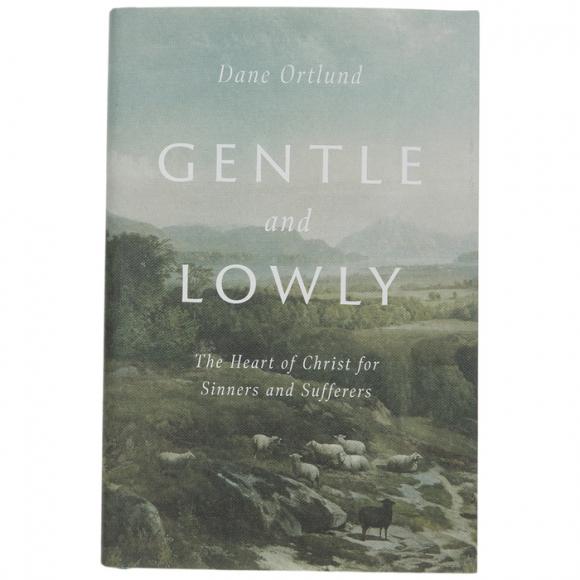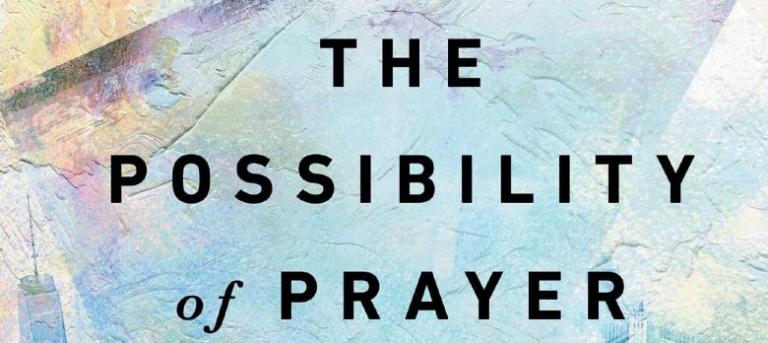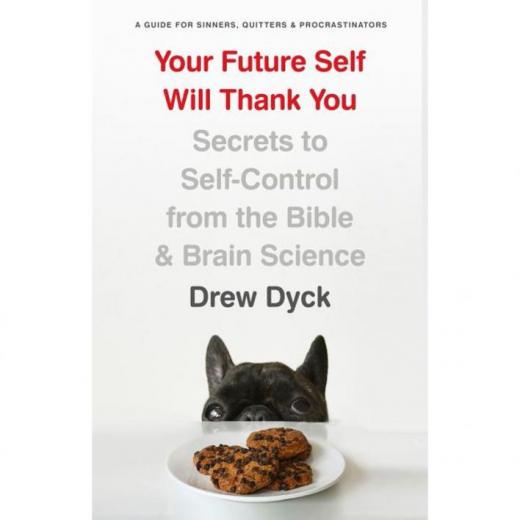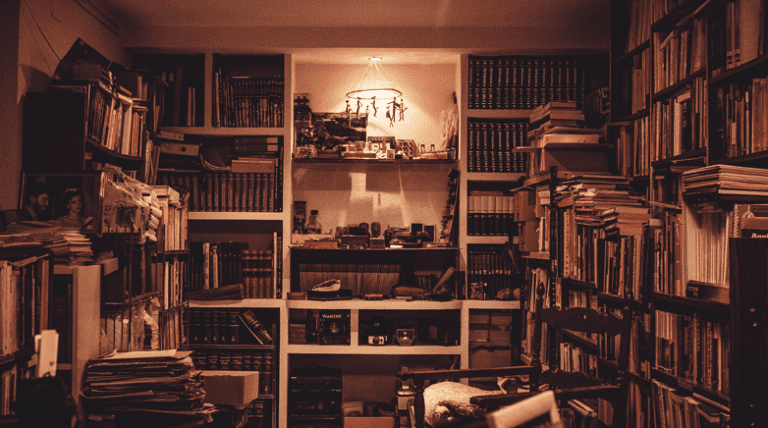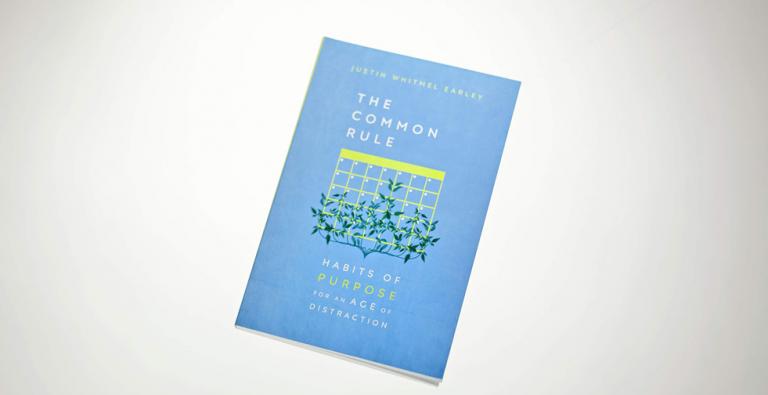
I have been using the Moment app for several years now to track the time I spend on my phone. No matter how long I think I have been on my phone, this app always tells the truth. Most telling is not just the daily time tracker, but also the tracker showing how much time I spent on my phone over the last 7 days. It shows how minutes and hours from day to day add up over the course of a week. It proves the old saying that, “How we spend our days is how we spend our lives.”
New technologies must always lead to a fresh assessment of how we spend our minutes, hours, days, weeks, months, years, decades, and lives. In his new book, The Common Rule, Justin Earley examines how our habits form our character and shape the way we love God and our neighbor. He recommends establishing a rule of life which guides what we do during the days and weeks so that we love God with our whole heart, love our neighbor as ourselves, and live a life where we experience genuine joy.
I highly recommend reading this book and implementing the practices it prescribes. There were my favorite quotes from The Common Rule.
“We are all living according to a specific regimen of habits, and those habits shape most of our life.” (7)
“Habits form much more than our schedules: they form our hearts.” (7)
“We think that by rejecting any limits on our habits, we remain free to choose. Actually, by barraging ourselves with so many choices, we get so decision-fatigued that we’re unable to choose anything well. Since we’re too tired to make any good decisions, we’re extremely susceptible to letting other people–from manipulative bosses to invisible smartphone programmers–make our decisions for us.” (11)
“The rule of life is intended to pattern communal life in the direction of purpose and love instead of chaos and decay.” (14)
“Only when your habits are constructed to match your worldview do you become someone who doesn’t just know about God and neighbor but someone who actually loves God and neighbor.” (16)
“Many people find that the most impactful daily habit is Scripture before phone, while the most important weekly habit is Sabbath.” (23)
“You were made to love and be loved by God. Only in light of his love will you finally see who you really are, feel how you are supposed to feel, and discover what you should do with your days.” (27)
“Our world is full of a thousand habits of fear, anger, anxiety, and envy that we unconsciously and consciously adopt. Should we do nothing, we will by taught to love the very things that tear us apart. So we must take up the fight, open our eyes to the way media form us in fear and hate, the way screens form us in absence, and see the way excess and laziness train us to love ourselves above all else.” (28)
“God loves us not because of what we do, but rather in spite of what we do–in spite of our good deeds and our bad deeds. Legalism takes the unmerited love of God and bends it into something earned–and just like that, the world is about us and not about him.” (34)
“The daily habit of one meal a day with others is a way of moving the table back to the center of who we are and ordering our day around the kind of people we were created to be: dependent and communal human beings.” (49)
“If secularism is not a conclusion but a mood, we cannot disrupt it with an argument. We must disrupt it with a presence.” (59)
“When we try to be present everywhere, we end up being present nowhere.” (66)
“Attention is our precious commodity. Our life is defined by what we pay attention to.” (67)
“Being a parent is so very hard because of the infinite demands on your attention. Yet my deep desire is to rise to the occasion. At my best, I want to be a reflection of their Father in heaven. At my best, I want to be a reflection of their Father in heaven. When they look up and squeal, “Play with me!” I want them to find my gaze there–not buried in a phone so they feel they need to earn or interrupt my attention by acting out. I want them to know they have it. So when I’m with them, I am actually with them. They have my gaze, which is to say they have my attention, which is to say they have my love.” (69)
“And I’ve learned that when I don’t silence other options and focus on one thing, that one thing can morph from a three-hour focused task to a three-day sprawling project littered with needless distractions and interruptions.” (71)
“In the age of smartphones, the ability to resist distraction purposefully is not just becoming the single most important career skill, it’s also a matter of whether or not we love our neighbors through our work. If it’s true that our work is fundamentally good because, like God, we order the world to serve our neighbor, then the question of neighbor love is this: Am I too distracted to actually serve my neighbor?” (72)
“I avoid unplanned scrolling. Unplanned scrolling usually means I’m hungry for something to catch my eye–and plenty of strange, dark, and bizarre things are happy to catch the eye on social media.” (89)
“Friendships in which we’re vulnerable make or break our lives. With them we thrive, and without them an essential part of us–if not all of us–dies.” (96)
“There’s nothing more terrifying and redemptive than removing the fig leaf and telling who you are to a friend.” (99)
“Here is the power that lies in vulnerable friendships: together we beat back the darkness by exposing it to light.” (103)
“To cultivate the practice of a weekly hour of conversation is to keep the fire burning. It is to look out into a cold and dark world and to offer some light, some warmth, and a place to sit and talk.” (108)
“One of the first ways to curate for justice is to devote little to no weekly media time to short-form news and instead read long-form sources. These will be sources that you likely have to go to find or pay for, because the market doesn’t push them to you as aggressively. These long form articles, podcasts, and documentaries are more likely to inform us about our vulnerable neighbors, stir our hearts towards them, and send us out into the world instead of just boomeranging us into more media.” (120-121)
“I believe a new problem of my generation is the way that (whether right or left leaning) the ever-outraged and always-offended tone of mainstream news sources is making us numb to the world’s pain. When everything is a crisis, nothing is.” (122)
“Anything worth doing requires bending your whole life toward it. On the other hand, nothing is worth bending your life until it breaks.” (144)
“Place habits before love, and you will be full of legalism, but place love before habits, and you will be full of the gospel.” (155)
(You can find more of my favorite quotes from great books here.)
Related Posts:
“The Best Quotes from The Gospel”



